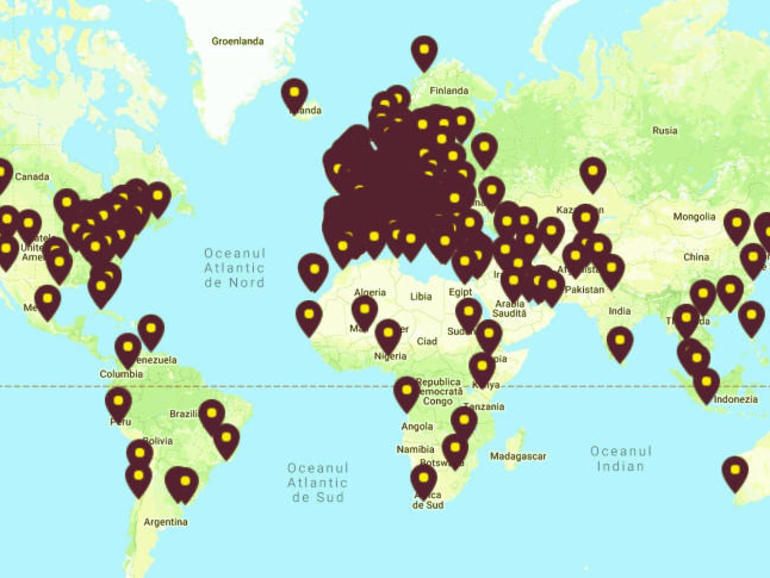Isaac Newton and other premodern physicists saw space and time as separate, absolute entities — the rigid backdrops against which we move. On the surface, this made the mathematics behind Newton’s 1687 laws of motion look simple. He defined the relationship between force, mass and acceleration, for example, as $latex \vec{F} = m \vec{a}$.
In contrast, when Albert Einstein revealed that space and time are not absolute but relative, the math seemed to get harder. Force, in relativistic terms, is defined by the equation $latex \vec {F} =\gamma (\vec {v})^{3}m_{0}\,\vec {a} _{\parallel }+\gamma (\vec {v})m_{0}\,\vec {a} _{\perp }$.
But in a deeper sense, in the ways that truly matter to our fundamental understanding of the universe, Einstein’s theory represented a major simplification of the underlying math.









